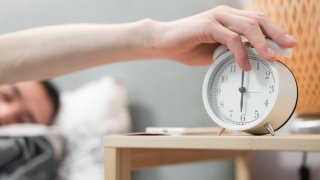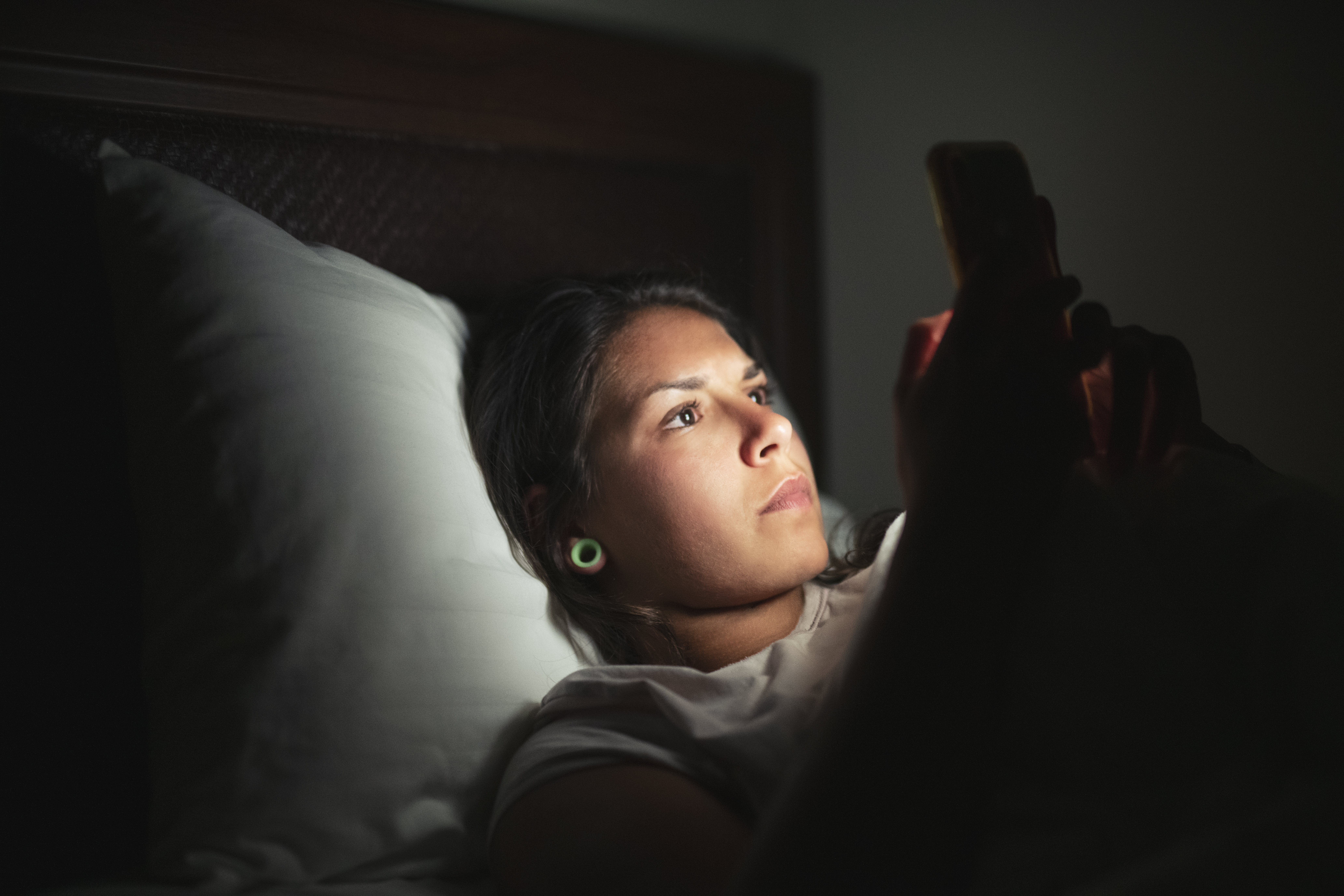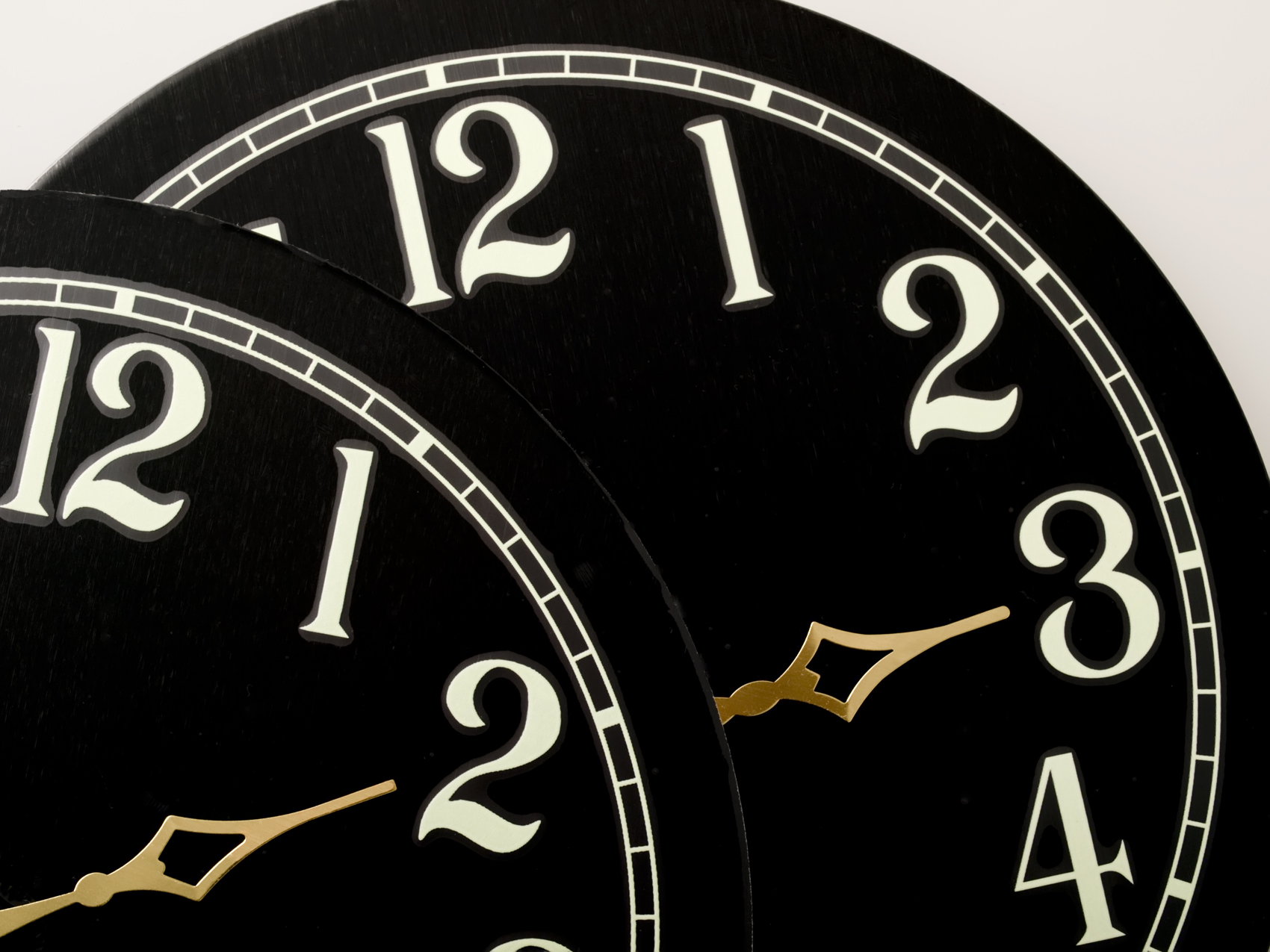
American adults are taking melatonin, the over-the-counter sleep supplement, at “significantly” higher rates than 20 years ago, according to a new study published in the Journal of the American Medical Association.
Melatonin is a sleep aid sold at most grocery stores and retailers like Target and Walmart. It's offered in many different forms to help with sleep — from pills and gummies to chewable tablets for kids.
The Data
Researchers studied melatonin usage among 55,000 adults and found that increased consumption of the sleep aid began in 2009.
Get a weekly recap of the latest San Francisco Bay Area housing news. Sign up for NBC Bay Area’s Housing Deconstructed newsletter.
In 1999, melatonin usage among adults was at 0.4%, with the recommended dosage at five milligrams.
By 2017, that number jumped to 2.1%, more than five times the consumption rate nearly two decades prior.
Researchers also looked at consumption rates of melatonin over five milligrams – that number has more than tripled since 2005.
Melatonin use of more than five milligrams was measured at 0.08% in 2005 and had increased to 0.28% by 2017, the data shows.
Safety Concerns
“These estimates may raise safety concerns, especially given that the actual content of melatonin in marketed supplements may be up to 478% higher than the labeled content and that evidence supporting melatonin use for sleep disturbances is weak,” the study said.
As more Americans reach for melatonin at night, the study notes data on the impact of long-term usage is limited.
“Although melatonin is generally regarded as safe, adverse effects have been reported, and data on long-term use and high-dose use are scarce,” the study says.
What Is Melatonin?
Melatonin is a hormone naturally produced in the body, usually at night when it gets dark outside.
The supplement is sold over-the-counter to help with insomnia, delayed sleep disorders and jet lag. It can also help regulate one’s sleep-wake schedule.
The sleep aid isn’t without undesirable side effects. The most common side effects include headache, dizziness, nausea and drowsiness, according to the Mayo Clinic.
Sleep Issues During the Pandemic
Sleeping issues aren’t new – though as Americans navigate the COVID-19, doctors in Boston reported an increase in insomnia, coining the term “COVID-somnia.”
The spike in sleep disorders may be linked to increased screen time, loss of daily routine and emotional changes during the pandemic.
Doctors recommend establishing a daily routine, eating healthily and exercising regularly.
To view the recent study on melatonin in its entirety, click here.




